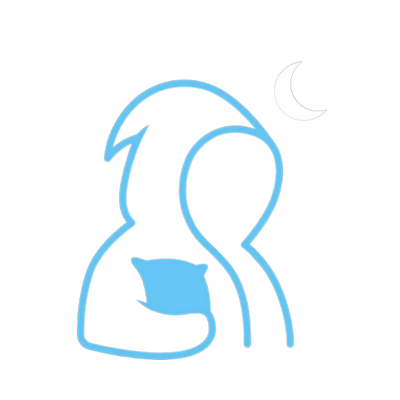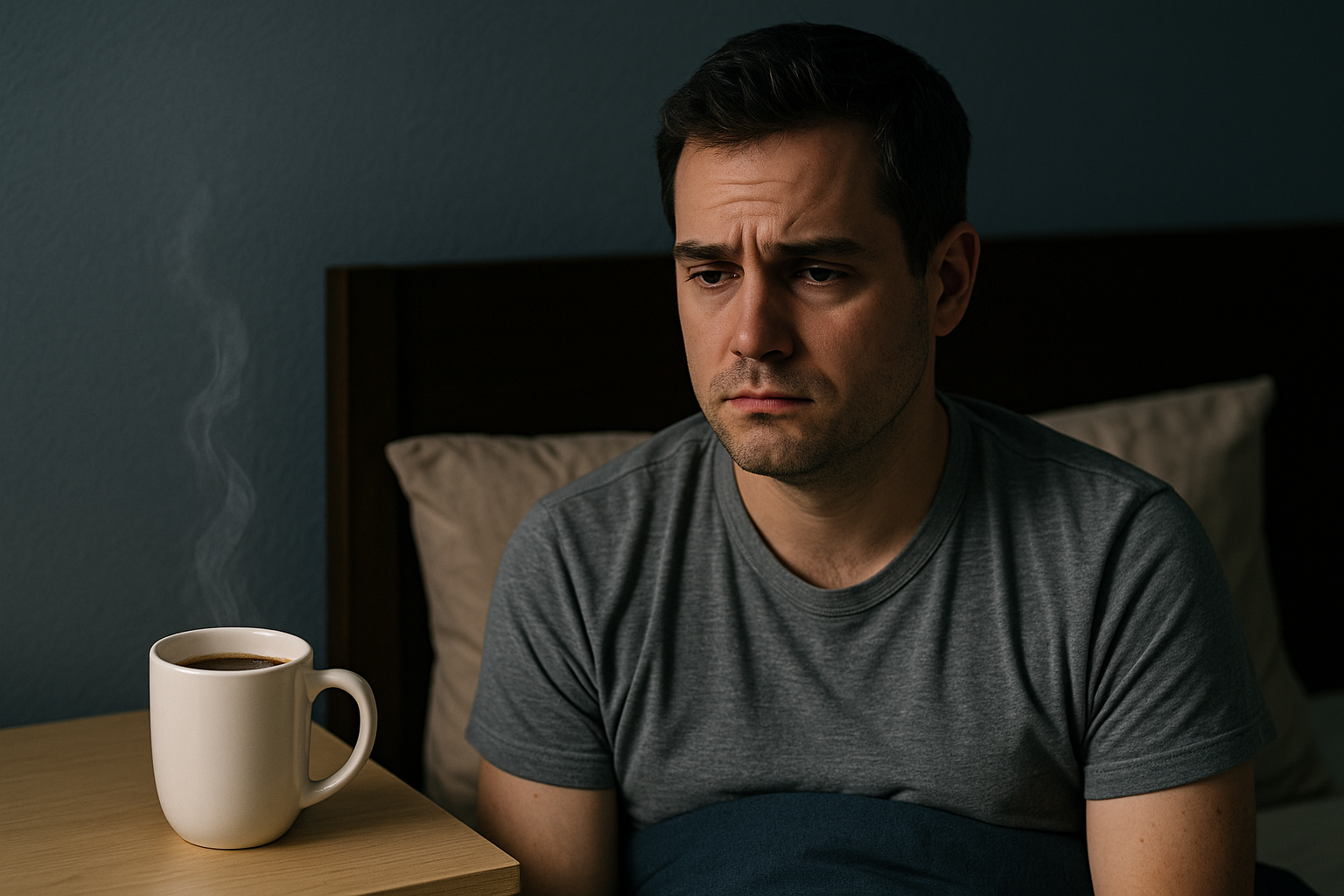I get it. You start to get a little slower, a little droopy towards to the evening. Sometimes you need a little pick me up, maybe a last-minute productivity hack. But here’s the real: for those looking for a better night's sleep, avoid caffeine before bed. Yeah, but I sleep fine! Well, if you do, then why are you crackin' buzz drinks throughout the day? Drinking caffeine before bedtime messes with your sleep system recovery which causes issues through the night and the next day.
1. Caffeine Keeps Your Brain Buzzing Long After You’re Asleep
Caffeine isn’t just a wake-up call. It lingers, sometimes worse than a Cranberry song (Like this one) . Research shows that a high dose (around 400 mg, that’s four cups of coffee or two energy drinks) can disrupt your sleep even 12 hours before bedtime, reducing deep, restorative rest and increasing night wake-ups or shallow sleeping even when you think you slept fine.
2. Even Moderate Doses Screw with your Sleep System
You might think one cup before bed won’t hurt—but even 200 mg of caffeine (One Celsius, Monster, etc.) 1–3 hours before lights-out alters your brainwaves, dialing down deep sleep and raising alert-type activity. That means less memory consolidation and physical recovery while you snooze.
3. Err on the Safe Side: Mind the Clock and the Dose
Sleep pros say: avoid caffeine at least 8 hours before bedtime to protect sleep quality. Some guidelines stretch that to 6–12 hours, especially for larger doses. Maybe it doesn't effect you as badly. It's a suggestion, something to look at. Maybe helpful, maybe not.
Bottom Line
If you're looking for ways to improve sleep hygiene and restorative sleep, make caffeine cut-off a rule, not a maybe. Ditch the late-night caffeine. Your brain will thank you.

